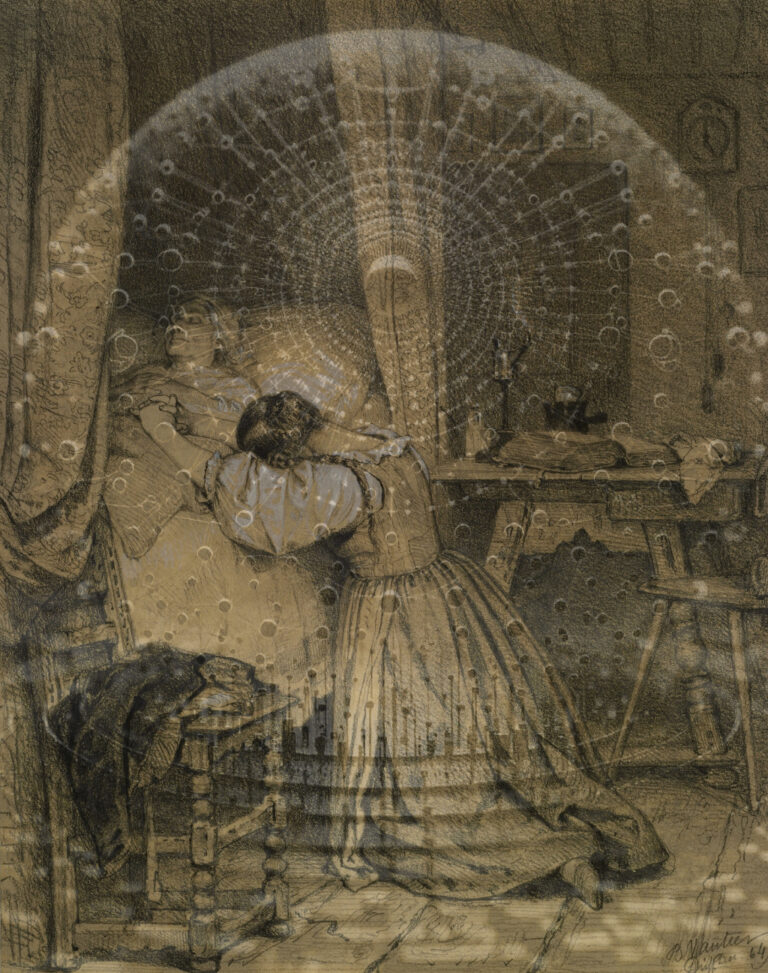A phone call came in the early afternoon in late August: she was reclined on her day bed and she was dead. She had lain down for a nap and didn’t wake up. In the subsequent weeks there has been a rallying of the families, grief, tremendous effort, flights before dawn, and scripted expressions of condolences. In my youth I had necessarily been a rules deconstructor, going in bare feet to a wedding, challenging expectations, trying to find novel ways to intervene—sometimes boorishly, I’m certain. But now I prize cheerful clarity and just volunteer to do whatever is needed to reach our collective goals. Remember: freedom and coordination.
In moments like this there are somewhat scripted conventions for discussing the hard matters of duties and feelings. These language games have organically arisen from contending forces, from Anglo-American sentimentality to the influence of organized religion, and they serve to facilitate life transitions. And now they have been summarized by large language models (LLMs) like ChatGPT that have trained on the masses of written content on the web to the point that they have reliable consistency. An emergency room doctor reports in the New York Times that ChatGPT does a better job than he does at the hard job of best-practices for bedside manner when conveying bad news. He also notes that LLMs are remarkably reliable for refining the scripted discussion of symptoms and medical diagnoses.
So a counter to the “slop economy” at least that provides some guidance for harried professionals trying to do a good job at the delicate threshold of personal pain and fear. The stochastic parroting is suddenly desirable insofar as it is parroting best practices and conventions.… Read the rest
